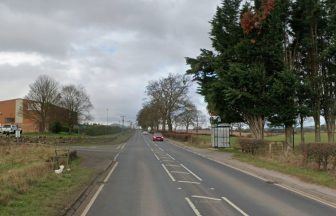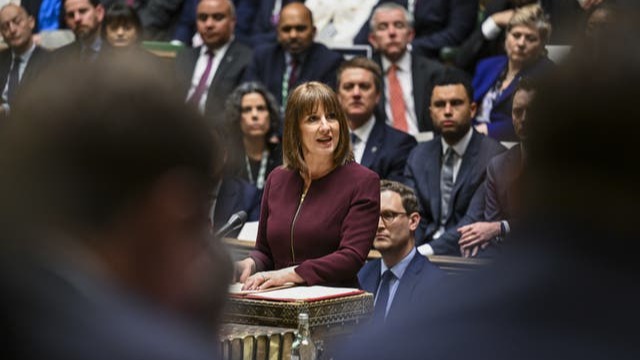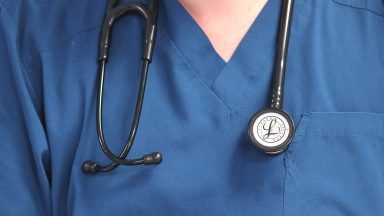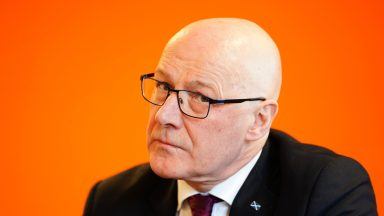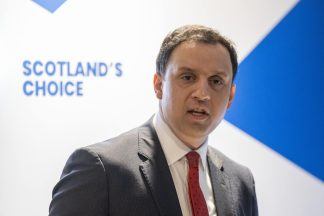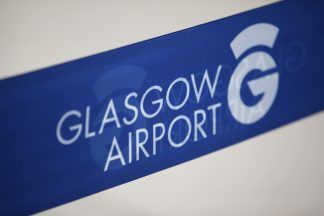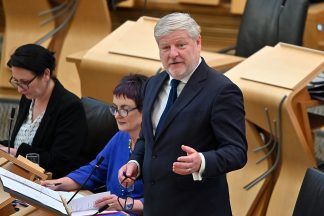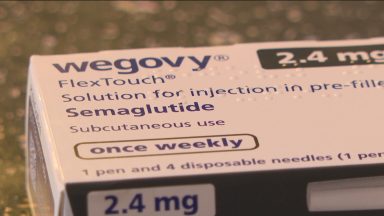Rejoining the EU could take four or five years for an independent Scotland if procedures were carried out at the fastest pace, a report has said.
Kirsty Hughes, the director of the Scottish Centre on European Relations, said it was “hard to argue” an independent Scotland – with more than four decades of membership of the EU as part of the UK – would be unlikely to succeed in rejoining the trading bloc.
But she said that process could take several years at best.
In a new report looking at issues for an independent Scotland’s European accession, Holyrood ministers were warned the country might have to rejoin the Common Fisheries Policy.
It also examined issues surrounding a future border between Scotland and the rest of the UK, should an independent Scotland rejoin the EU.
Dr Hughes said if Scotland had not diverged from EU laws and regulations too much “then it could expect an accession process that might, at the fastest, take four to five years”.
But she warned: “The further the UK, and Scotland, have diverged by the time of a potential Scottish application to join the EU, then the longer the accession process may take.”
Imelda Maher, a professor in European law at University College Dublin, concluded it “would be possible” for Scotland to stay outside of the Schengen common European travel area and to maintain the existing common travel area (CTA) in the UK.
She said: “It would be possible – if the political will is forthcoming – for Scotland to be treated like Ireland and to remain outside Schengen and in the CTA, ensuring free movement of Scottish citizens throughout the UK and Ireland.”
Tobias Locke, professor of law at the National University of Ireland Maynooth, said an independent Scotland, like Ireland, could “make a reasonable argument” as to why it should continue to be part of the CTA.
Prof Locke said there is “little doubt that an independent Scotland would qualify to apply for EU membership”.
He said an independent Scotland could, in practice, avoid having to join the euro, as Sweden has done – although the professor added it would “not be possible for it to avoid having to commit to the adoption of the euro”.
Prof Locke said if Scottish politicians were “too vocal about their non-commitment to taking such a step, there is a danger that the EU might in the end not agree to Scottish membership”.
Dr Hughes, Prof Maher and Prof Locke were some of the experts who contributed to a new post-Brexit report examining the issues an independent Scotland could face if it was to seek to join the EU – something the current Scottish Government has said it would want to do.
Dr Hughes said: “This major report, with contributions from leading experts, underlines that an independent Scotland could join the European Union.
“Accession to the EU is a substantial, detailed and time-consuming process – and has different implications for an independent Scotland post-Brexit.
“But it is a manageable process, and considering the diverse range of 22 states that have joined the EU after its initial launch, it would be hard to say Scotland could not, like these states, join too if that was its goal.”
Dr Arno van der Zwet and Professor John Connolly, both from the University of the West of Scotland, said negotiations for an independent Scotland to rejoin the EU “would almost certainly be predicated on the basis that Scotland would have to adopt the Common Fisheries Policy”.
They added: “This would not be welcomed by most of the fishing industry and it could prove politically awkward if the Scottish Government would sign up without any concessions that would benefit the fishing communities.”
Meanwhile Fabian Zuleeg, chief economist of the European Policy Centre, stressed “becoming an EU member will take time”.
He said: “It is not feasible or credible that EU membership will immediately follow from independence.”
Pamela Nash, chief executive of the pro-UK campaign group Scotland in Union, said: “Nobody has ever questioned that a separate Scotland could rejoin the EU but, post-Brexit, this report lays bare the stark reality of what that now means.
“It would not be automatic and would take years of negotiation. It would result in a border with our neighbours in England.
“As 60% of our trade is with the rest of the UK, this would put jobs and livelihoods at risk.
“It would require massive public spending cuts to drive down our deficit – currently the highest in Europe – at the expense of our cash-strapped schools and hospitals.
“It would mean committing to leaving the pound behind and switching to the euro, with none of the opt-outs the UK previously enjoyed as a member.”
She demanded: “It’s time for the SNP to be honest with voters – the best future for our country is as part of the UK, growing our economy, saving the pound and maintaining the bonds of friendship with our friends and neighbours without building a barrier between us.”
Constitutional relations secretary Mike Russell said: “Scotland is in a unique position, having been a member of the EU for 47 years and following all its rules.
“We continue to share the EU’s core values and our position is recognised and understood in Brussels.
“Donald Tusk, until recently the president of the European Council, has said there will be enthusiasm from everyone in Brussels for an independent Scotland’s membership of the EU and he spoke of the empathy for Scotland in Europe.
“The Scottish Government recognises there is an application process to go through and we will bring forward a detailed proposition in due course.”
Follow STV News on WhatsApp
Scan the QR code on your mobile device for all the latest news from around the country









